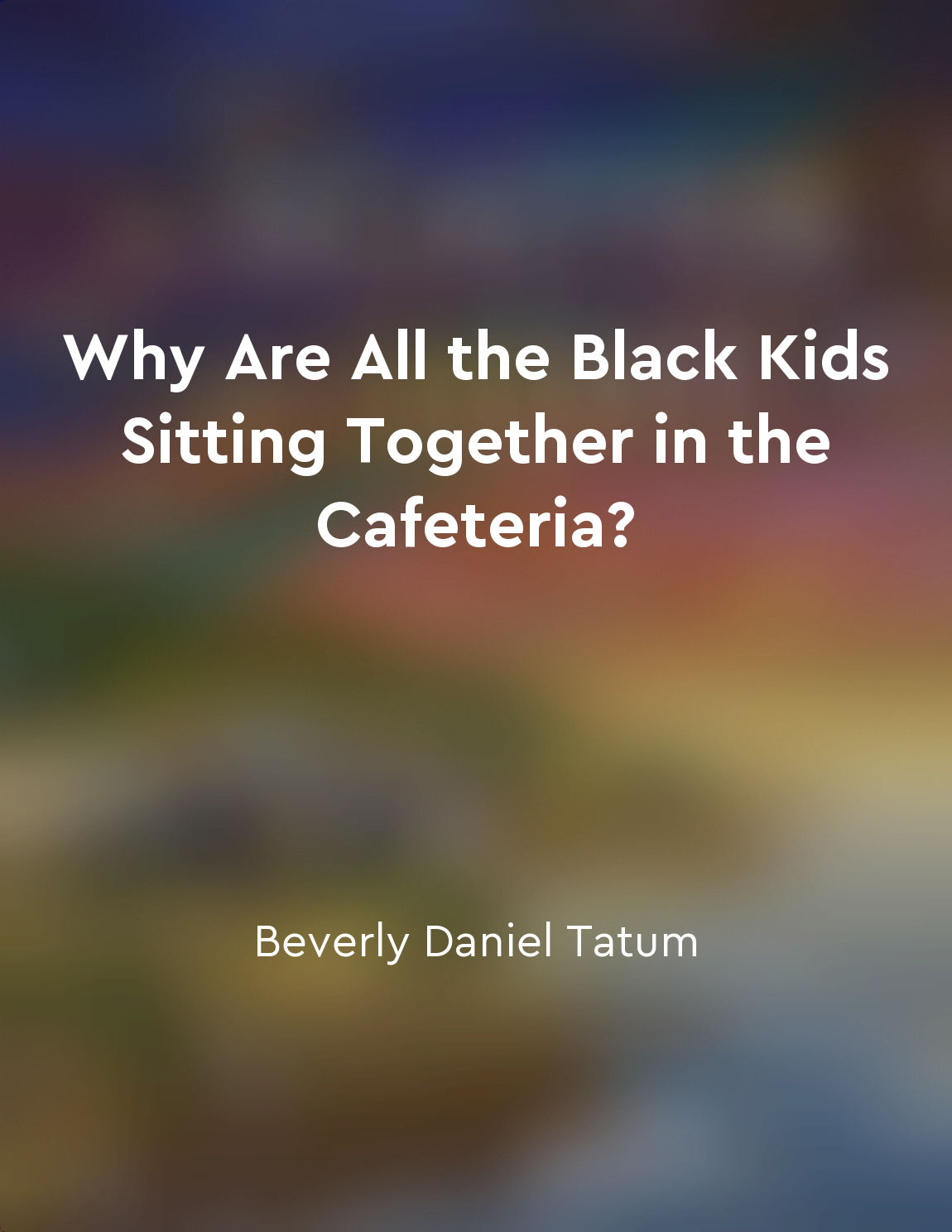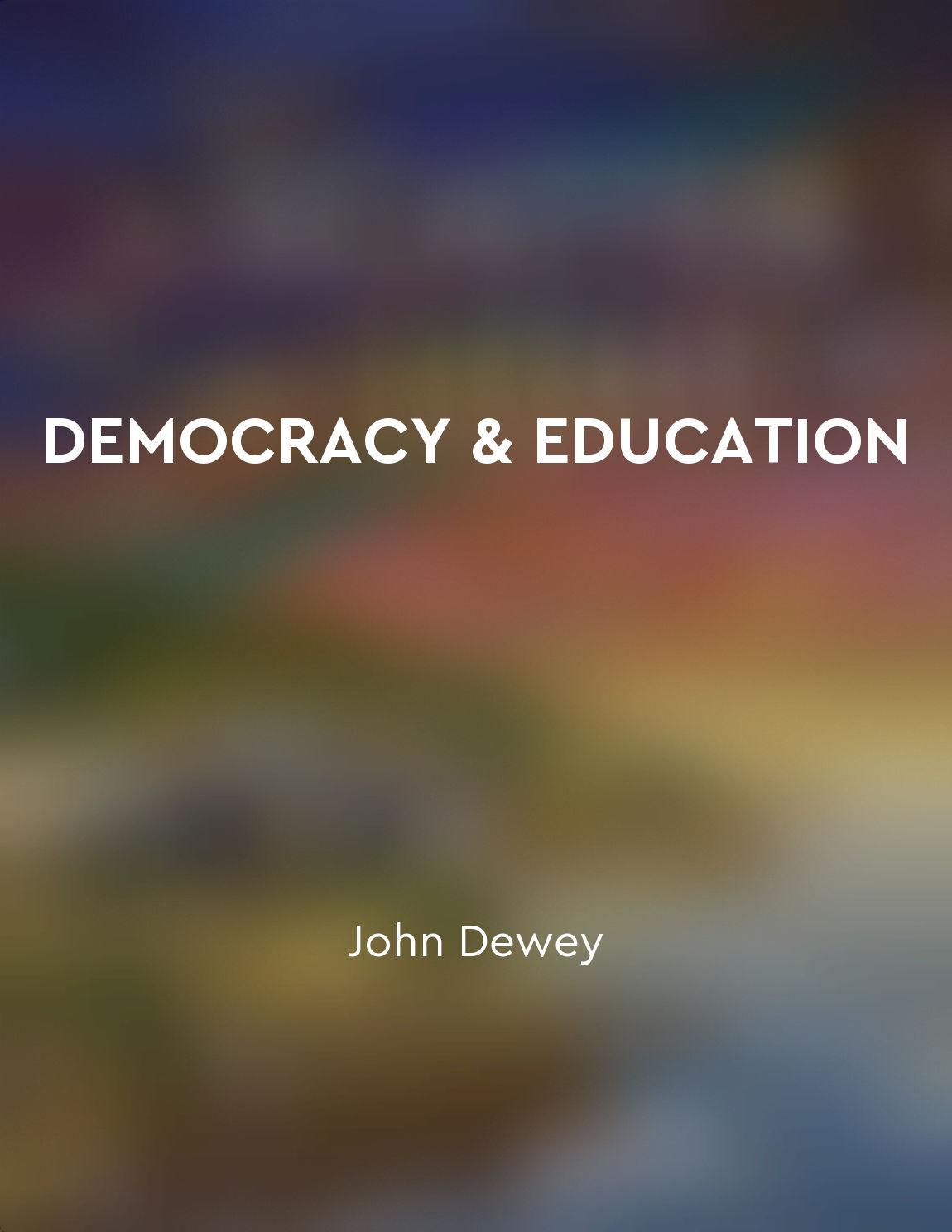Audio available in app
Educational policies have significant impacts on power relations from "summary" of Education and Power by Michael W. Apple
Educational policies are not simply neutral guidelines that shape educational practice. They are powerful tools that reflect and reinforce existing power relations within society. The decisions made in the formulation of these policies have far-reaching consequences that can either uphold or challenge existing power structures. When policymakers create educational policies, they are essentially determining who gets access to what kind of education. This means that they are also determining who gets to acquire knowledge, skills, and opportunities that can lead to social mobility and success. In this way, educational policies can either perpetuate or disrupt existing inequalities within society. Moreover, educational policies can shape the values, beliefs, and identities of individuals. By determining what is taught in schools and how it is taught, policymakers can influence how students understand themselves and their place in the world. This has significant implications for how power is distributed and maintained within society. Furthermore, educational policies can impact the relationships between different social groups. By privileging certain forms of knowledge over others, educational policies can reinforce dominant cultural norms and marginalize alternative perspectives. This can create power imbalances that favor some groups while disadvantaging others.- Educational policies are not just technical documents that govern educational practice. They are powerful instruments that shape power relations within society. The decisions made in the formulation of these policies can have profound effects on who holds power, who is marginalized, and how social inequalities are perpetuated or challenged. By understanding the impact of educational policies on power relations, we can work towards creating a more equitable and just society.
Similar Posts
Justice should be blind to social status
In the eyes of justice, all are equal. It matters not whether one is rich or poor, noble or common, for the scales of justice d...
The administration at Yale should support intellectual diversity
It is imperative for the administration at Yale to understand the importance of fostering intellectual diversity on campus. Thi...

Political implications of class conflict
The clash between the established upper class and the rising new elite has far-reaching consequences on the political landscape...
Mirrors hold a mirror to our souls
In the mirror, we see our reflection staring back at us. But what do we really see? Is it just our physical appearance, or is t...

Affirming one's identity is empowering
When we affirm our identity, we are acknowledging who we are and embracing our unique characteristics. By doing so, we are taki...
College affordability became a major concern
During the latter half of the twentieth century, the issue of college affordability emerged as a pressing concern in American e...
The power lies within the collective action of the masses
The idea that power resides within the collective action of the masses is a fundamental principle in the pursuit of revolution....

Education must adapt to societal changes
Education is not a static entity, but one that is in constant flux, shaped and molded by the ever-changing landscape of society...
Liberation entails breaking cycles of oppression
In order to truly achieve liberation, individuals must recognize and actively work to break the cycles of oppression that have ...
Accountability measures can perpetuate inequality in schools
The implementation of accountability measures in schools has been a topic of much debate and controversy. While these measures ...

